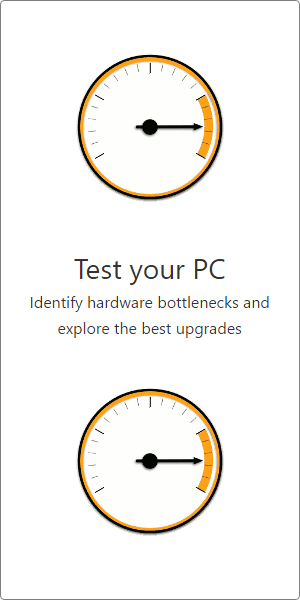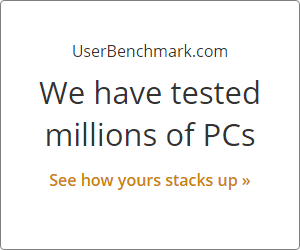Effective Speed
+14%
Poor: 101%
Great: 120%
SPEED RANK: 41st / 1442
Poor: 82%
Great: 105%
SPEED RANK: 98th / 1442
| Effective Speed
Effective CPU Speed |
110 % | Faster effective speed. |
96.9 % |
Average Score
+26%
Overclocked Score
+22%
Value & Sentiment
+117%
Nice To Haves
+29%
Specifications
Conclusion
Average Bench 110%
Average Bench 96.9%
User Builds
6,311
550,833
Systems with these CPUs
Top Builds that include these CPUs
Frequently Asked Questions
Processors FAQ
ALL FAQs »

 CPU
CPU
